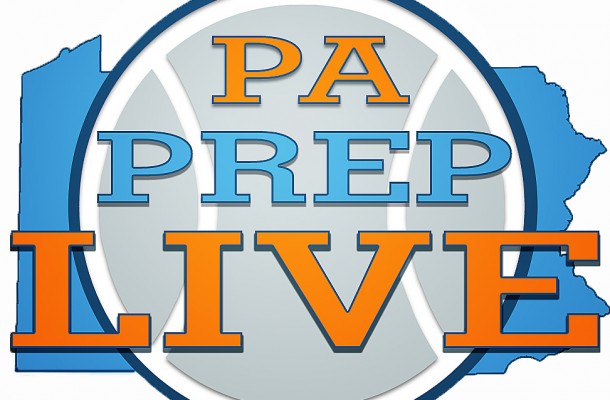
Every year, in early August, West Chester’s head football coach Bill Zwaan is typically prepping for an upcoming season. But thanks to the coronavirus pandemic, that streak is ending after 43 consecutive summers.
“Everything just feels so screwy,” he said.
“I started coaching in 1977, so you are talking about a long time where I haven’t been in a preseason camp.”
Nearly three weeks ago, WCU’s league — the Pennsylvania State Athletic Conference (PSAC) — announced that all fall sports would be suspended, and that plans were being developed to play those seasons in next spring. Two weeks later, the state’s high school governing body recommended that the 2020 fall season would move forward with a plan to start on time. The PIAA also added a couple scenarios for a delayed start.
“We want to do what’s best for our kids in Pennsylvania with the best and current information that we have, at the latest possible date, to save as much activity as we possibly can,” explained PIAA Executive Director Robert Lombardi.
“All these summer recreational leagues are playing. We’re seeing softball and soccer games, and tournaments every weekend. They’re playing, so why can’t we play?”
During a subsequent question and answer session, it prompted this question: if the PSAC has ruled out athletics this fall, why is the PIAA not following suit?
“We don’t want to be the PSAC,” Lombardi said. “We don’t want to be the ACC, or the NAIA, or the jucos, or Maryland, or Virginia, or New Mexico. All of those states have other (needs).”
Lombardi went on to explain that the PSAC — like all NCAA programs from Division I to III – has a much different situation than what is facing high school’s this fall.
“(The critics) don’t understand that kids in college are coming from all different states,” he said. “And when they play contests, they travel across numerous state lines or across the country. Our kids are sequestered basically, by going to mom and dad … or a guardian every night, hopefully studying, getting a good night sleep and going back to school in their local communities.
“With the exception of our state championships, our contests are all within a very short commute. So they are totally different.”
It is a distinction that Zwaan agrees with.
“Obviously the number one thing everybody is concerned about is the safety of the kids,” he said. “(The PSAC) couldn’t guarantee that because of our campus atmospheres. It would be nice if we could control what the kids do off the field – and we can control certain things – but we can’t.
“In college, the kids are going back to the dorms or their apartments every day after practice or games. At the high school level, the kids live at home with their families that they have been quarantined with, to a certain extent. So they may be able to control things a little bit better.
“It may be easier for them to keep the disease under wraps at the high school level than at the college level.”
When asked, however, about his gut feeling on whether there will be high school athletics in Pennsylvania this fall, Zwaan said: “No.
“I think everything is in serious jeopardy, to be honest.”
The ultimate decision isn’t in the PIAA’s hand. It will come down to mandates by state government and/or local school districts. And with heat acclimation week set to begin on Aug. 10, time is of the essence.
According to Zwaan, high schools and non-Division I athletic programs share a similar hurdle that is very difficult to clear: testing.
“Division I (programs) have been on campus since June, so they’ve had a couple months to iron out problems they are going to see,” he pointed out. “So they may be able to push forward.
“The biggest issue for us is the testing piece. We can’t afford to test kids twice a week, and at the high school level they are going to run into that same problem. At the Division I level, they can have people on campus testing kids, paying for it and having the availability for it to happen. That’s not happening at our level – no way in the world.”
Zwaan actually doubts that there will be any college sports played this fall, even big-time football, which has the resources that everyone else doesn’t.
“What happens when four or five kids get it?” he asked. “When people really dive into that scenario, it makes them say, ‘it’s not worth us trying.’ So I really wouldn’t be surprised if they decide not to do anything in the fall.”
And those daunting questions don’t just apply to fall sports. Unless some unforeseen good fortune comes along in the next few months, all of these problems extend into the winter and spring of 2021.
“The likeliness of us coming back (next spring) is probably tied to a vaccine,” Zwaan acknowledged. “When you sit down and have discussions, you can talk yourself out of everything because anytime you bring something up, it’s completely negative. What happens if this happens? What happens if that happens?
“It gets to the point where you say, ‘I don’t know if we can protect these kids.’”










